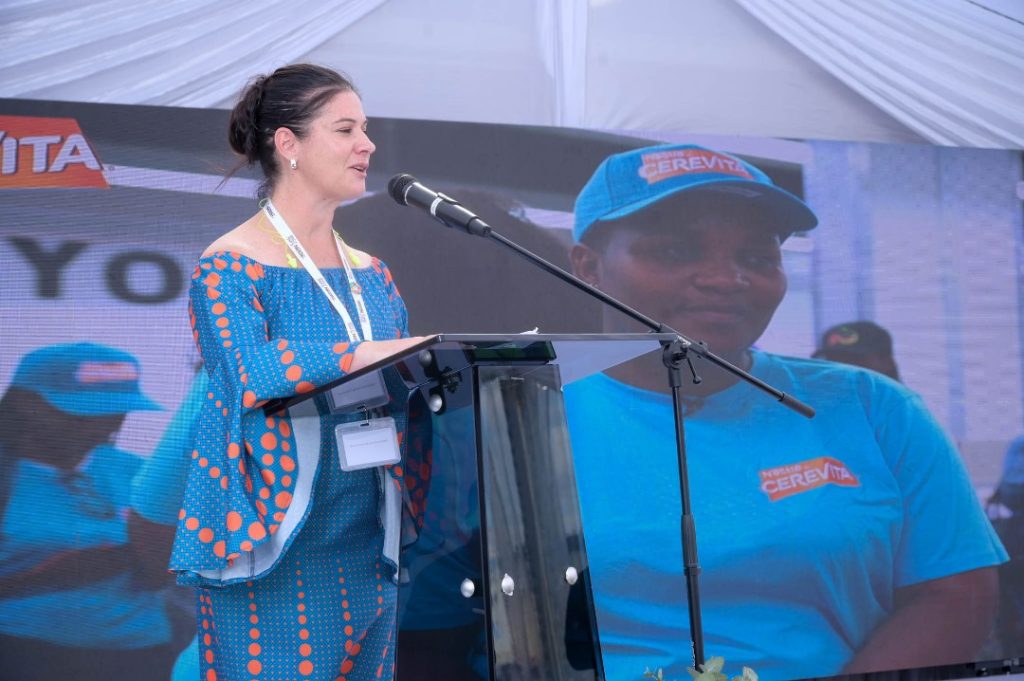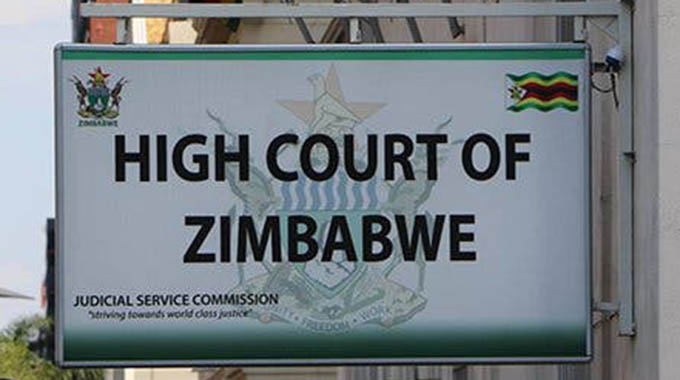Staff Writer
THE Goromonzi Rural District Council has failed to implement a 2020 High Court order, which instructed it to monitor, supervise, and enforce compliance to ensure that Crowhill development is regularised and the residents abide by their approved layout of 2013.
Four years ago, Mt Breezes won a High Court case against Crowhill Farm (Private) Limited, Crowhill (Private) Limited and Crowhill Properties Owners Association, which carried a clause that the Goromonzi Rural District Council has failed to comply with.In the application Mt Breezes challenged Crowhill Farm’s construction of a public road interfacing with Mt Breezes’ private development scheme.
The High Court, in the 2020 court ruling, barred Crowhill Farm and all those claiming occupation through them from constructing a road interfacing with Mt Breezes’ private property.
“It is declared further that the applicant (Mt Breezes) members are entitled to the peaceful and undisturbed enjoyment of all the rights and benefits of a gated community as approved by the Harare City Council,” part of the High Court order reads.
The court order further directed the Goromonzi Rural District Council to “…monitor, supervise and enforce compliance by the first and second respondents (Crowhill Farm and Crowhill (Private) Limited) with the terms and conditions of their subdivision and consolidation permit(s)”.
In his court affidavit, Moses Chawira, who stated that he was the Goromonzi Rural District Council’s executive officer for technical services responsible for works, planning and the environment department, said that the local authority had not opposed Mt Breezes’ application because it was well placed.Chawira told the court that in 2013 Crowhill Farm had obtained a consolidation and subdivision permit but failed to comply with the terms of the permit to get a certificate of compliance.
“By operation of law, the permit was revoked after failing to comply with the conditions of the permit…However, despite the revocation of the permit, the third respondent (Crowhill Farm) did not reapply or seek its renewal but rather embarked upon the sale of stands to various purchasers who proceeded to construct illegal structures on site, which were not approved by the local planning authority,” Chawira said.
He added: “These structures include housing structures, gravel roads and septic tanks. It seems most of the purchasers immediately took occupation.
These developments grossly violated the provisions of the law and the permit…Regrettably, as a result of the third applicant’s failure to comply with the permit, this means that the entire Crowhill development is in the eyes of the law, an illegal development.
“The implication of this illegality is that the purported road that forms the basis of the dispute between the first respondents and the applicants in this matter is patently illegal as it was not approved or recognised by the local authority and or the department of roads”.





